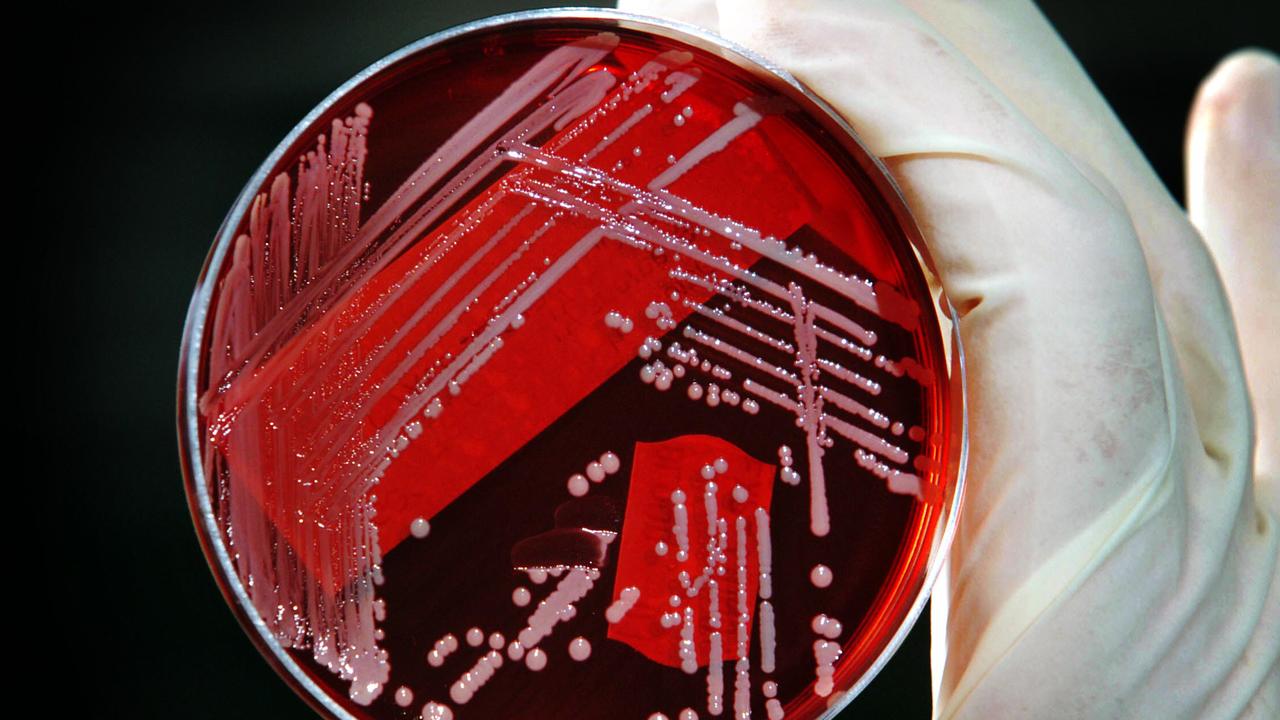Aussie drug shortage ‘putting lives at risk’
Top doctors lift the lid on Australia’s ‘perilous’ situation with pregnant women hospitalised after missing treatments in short supply.

Health
Don't miss out on the headlines from Health. Followed categories will be added to My News.
Critical obstetric medicine shortages in Australia are putting pregnant women at risk of serious complications, top doctors have revealed, with some hospitalised after missing treatment.
Some of the country’s leading obstetricians have put their name behind an urgent call for federal intervention on Monday, warning Australia cannot rely on pharmaceutical companies to supply cheap but critical medicines.
They published a stark assessment of the “perilous situation” in the Medical Journal of Australia, with vital medications – widely available overseas – that are used to treat serious conditions like pre-eclampsia and haemorrhaging among those at risk.
Royal Women’s Hospital maternity services director Stefan Kane told the Herald Sun the supply of several blood pressure medicines had been or stopped interrupted – such as nifedipine – and women had been hospitalised.
Associate Professor Kane, who led the article on behalf of the Society of Obstetric Medicine of Australia and New Zealand, said while he was not aware of any who suffered long-term harm, it was “certainly” a risk for future cases.

“The lack of incentive for pharmaceutical companies to register and maintain the supply of older, off-patent drugs used in pregnancy is putting lives at risk,” he said.
“We’ve certainly seen examples, and I think this is true across the country, where women with high blood pressure in pregnancy have had trouble getting access to these medications.
“(They) have then presented to hospital with much higher blood pressure than we would generally like.”
The article called on the government to create a national, public body to import, manufacture and register such critical drugs.
In Australia, a drug is only approved to treat a specific condition – even if known to be effective – if a company sponsors an application and submits evidence to the regulator.
Prof Kane said many obstetric treatments were vulnerable because they had low-profit margins and – when not officially listed for pregnancy despite widespread obstetric use – given off-label, obscuring their most critical benefits.
“They (companies) can quite plausibly say ‘we’re not even aware it’s being used in pregnancy,” he said.
“They’re safe and they’re cheap, but … the manufacturers aren’t making much money on them.”

He said this, combined with the cost of shipping to Australia, rising expenses and post-Covid supply chain disruptions had created a “perfect storm” that saw companies “understandably” prioritise more profitable drugs.
“If there isn’t profit to be made, then we need to find another pathway.”
The article also urged for more research trials to involve pregnant women, reducing their reliance on older drugs.
Co-author George Institute for Global Health women’s health program head Professor Amanda Henry said their exclusion “not only puts them at risk but also denies them the benefits of medical advancements that other populations enjoy”.
The peak college in the field, Royal Australian and New Zealand College of Obstetricians and Gynaecologists, supported the article’s recommendations.
The government did not directly respond to questions asking if they would consider creating a national body to source medications.
A Therapeutic Goods Association spokesman said they were “aware” of the concerns raised in the journal, and, following public consultation earlier this year, were developing a plan for a “proposed future reform” of medicine supply.
“Managing medicine supply is a priority for the Albanese Government,” he said.
“The Albanese Government is committed to increasing Australia’s sovereign manufacturing capacity in medical essentials through the establishment of the $15bn National Reconstruction Fund (NRF).”


